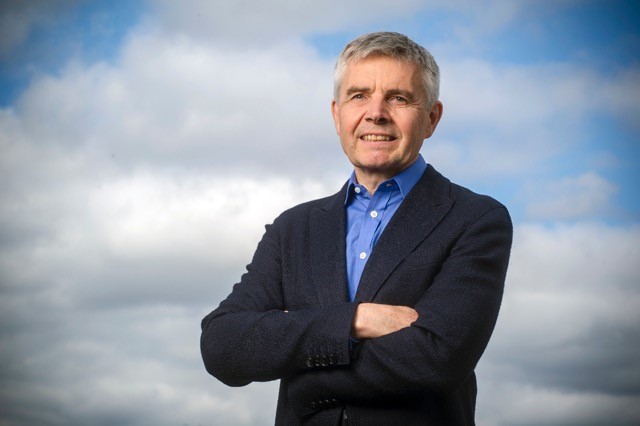Great Ormond Street Hospital for Children (GOSH) has become the latest NHS foundation trust to sign a Strategic Research Agreement (SRA) with clinical AI company Sensyne Health.
This is Sensyne’s first SRA focused on improving care and accelerating the development of medicines specifically for children. Anonymised patient data will be analysed using clinical AI technology, with the aim of improving paediatric clinical outcomes and accelerating research into new medicines and treatment of rare and complex childhood diseases.
The first project will focus on developing a clinical decision support algorithm to help clinicians caring for children with chronic kidney disease. This will then be used to develop further clinical support algorithms for other diseases in children.
Overall, the SRA will focus on three areas: paediatric drug discovery; clinical decision support tools to support children’s care; and clinical trial design.
As part of the deal GOSH will receive 1,428,571 new ordinary shares of ten pence nominal value, representing 0.9% of Sensyne’s issued share capital and bringing the total share ownership held by NHS Trusts to approximately 13.8%. GOSH is also eligible to receive up to a further 1,428,570 ordinary shares, payable in three tranches dependent on the achievement of specific discovery research project milestones. In addition, it willreceive £250,000 per year over the five-year term of the contract for specific investments in information technology to enable the curation and analysis of data under the SRA.
GOSH CEO Matthew Shaw said: ‘At GOSH we treat patients with the most rare and complex conditions. Research into developing new diagnosis and treatments is vital and we are always looking to find ways to improve patient outcomes, while making sure their information is safe and secure. Children are at the heart of everything we do and this collaboration is no different. It will offer the potential to use digital innovation to find and develop diagnosis and treatments much faster, not just for GOSH patients but children across the country and internationally.’






 ©2024 All rights reserved LaingBuisson
©2024 All rights reserved LaingBuisson 


